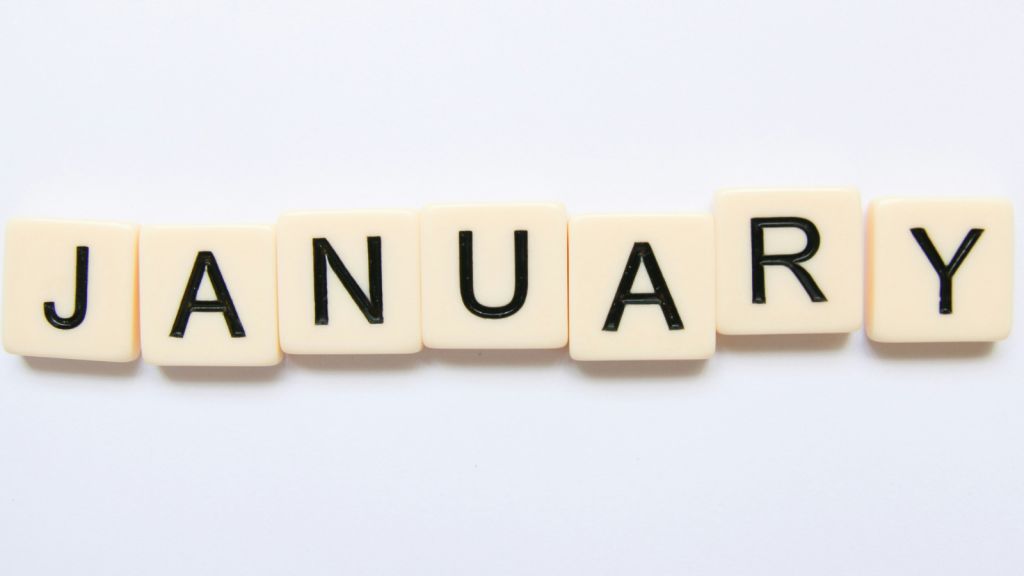
Let’s face it: very few people list January as their favourite month.
It’s sort of the calendar equivalent of a hangover. You arrive overindulged and regretful, resolving to become a person you don’t even recognise (because That Last Year/Night Can Never Happen Again).
Then, there’s the lack of light, the post-Christmas financial ruin and the endless storms to contend with. The month is even associated with higher layoffs.
Still, in a desperate bid to find something positive about the upcoming month, I learned that its name has a surprisingly touching origin ― and it might have even helped my cynical heart to welcome 2025.
What did ‘January’ originally mean?
Per Dictionary.com, the name derives from the Latin noun use of Jānuārius, equivalent to Jānus.
Jānus was both an Ancient Roman god and a common word at the time.
Jānus the god was “a god of doorways, beginnings, and the rising and setting of the sun”, they say. His name comes from the Latin for “doorway, archway, arcade”.
Archways and doors were very common symbols in Ancient Roman ceremonies, signifying new beginnings.
And Jānus the god is often shown as having two heads “that face in opposite directions, looking to both the future and the past.”
When the Roman calendar (which is the ancestor, many times removed, of the calendar we use today) was created in 153 BCE, the god became the perfect symbol of new starts.
So does that mean the year didn’t always start on 1 January?
Yes (and in some cultures, it still doesn’t).
According to Encyclopaedia Britannica’s site, the Roman calendar’s year began with March prior to 153 BCE.
Chinese New Year is based on when the new moon that appears between late January and early February rises. In 2025, that’ll happen on 29 January.
For the Ancient Egyptians, the New Year began on the autumn equinox (21 September).
By the way, remember when I said the line from Roman calendars to our system was nowhere near as straight as their roads?
Well, while William the Conqueror tried to get England to adopt 1 January as New Year’s, we later re-adopted the Christian then-norm of 25 March.
It took until 1753 for us to accept 1 January as New Year’s Day, Brittanica says.


